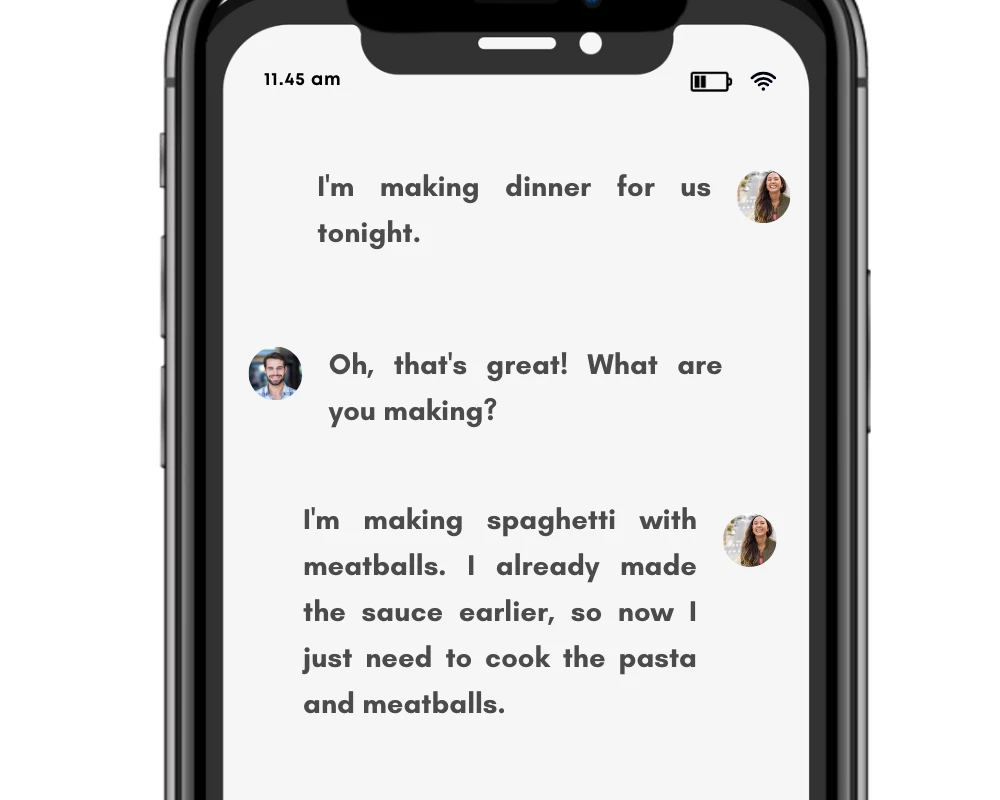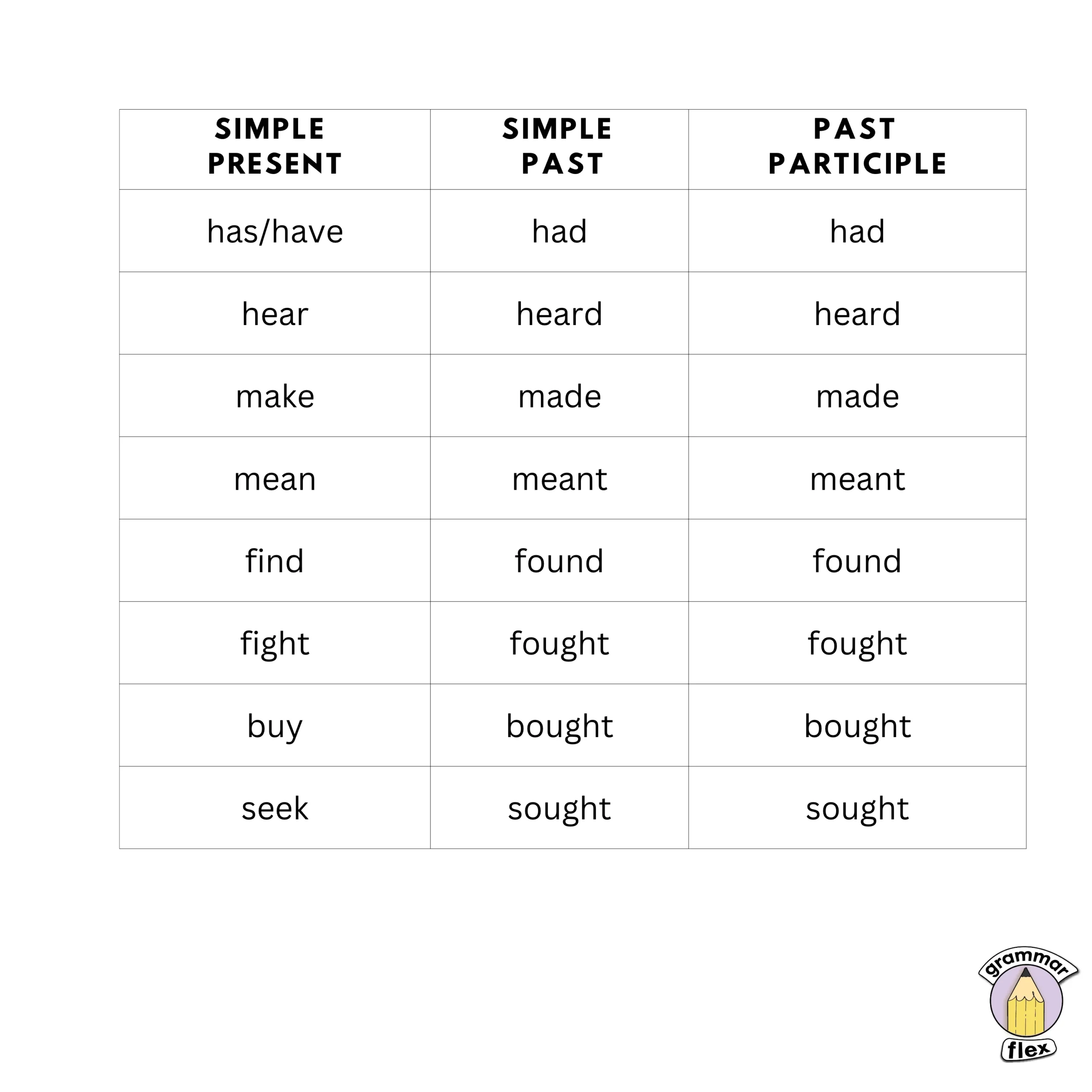
What’s the past tense of “make”?
If life gives you lemons, do you make lemonade, or made lemonade? Or do you hang onto the lemons for later to make lemonade another time? In other words, what’s the past tense of the verb, to make?
She made a beautiful pottery vase.
They have made a significant contribution to the community.
He make a big mistake yesterday.
We have already make arrangements for the trip.
To pull up a definition of the subject, the verb make is understood as ‘to create or prepare something by combining materials or putting parts together’. Also, ” to write, create or prepare something.” (Oxford Learner’s, make).
| present | past | future | |
| simple | I make | I made | I will make |
| continuous | I am making | I was making | I will be making |
| perfect | I have made | I had made | I will have made |
| perfect continuous | I have been making | I had been making | I will have been making |
To make is in the present tense: She makes her own clothes.
Made is the simple past: Wine is made from grapes.
Made is also the past participle: She had made us an offer too good to refuse.
Here’s a chart with verb forms similar to make/made, insofar as they also have two verb conjugations in total (and are irregular verbs that do not end in –ed in their past verb forms).

Verb conjugations of make
Compare these sentences:
- Past tense: She made us all coffee.
- Past participle: The bridge was well made and lasted for centuries.
What’s the difference between made as a simple past tense, vs. made as a participle, considering that both use the same form of the verb make, i.e., made? It’s a reasonable question, and the difference is subtle unless you’re familiar with participles, and know what to be on the lookout for.
The participle form of make, which is made, while it is pronounced and spelled the same as the paste tense form of make, it’s used in a different way than the past tense conjugation of make/made. The past participle pairs with auxiliary verbs (like has, was, have, etc.) to communicate the totality of ‘verbal’ intel.
What gives away the second sentence as the participle form of a verb (not quite a tense on its own), is that it uses the auxiliary verb, and forms the passive voice (and perfect aspect). The passive voice shows the noun/subject as a receiver of an action, and so includes a sentence object as well. These are all part and parcel of writing and communicating using the passive voice, which is formed by the past participle (that is, an auxiliary + past participle form of a verb).
Examples of the word make used in sentences
| Sentence examples: make/making/makes/made |
|---|
| I’m going to make a cake for Mary’s birthday.
I asked her to make four copies of the letter. How do you make that dish with the peppers and olives in it? She makes her own clothes. I made a few phone calls. Wine is made from grapes. She made us all coffee. |
The past tense of “make” is “made,” think “It’s done, it’s made.”.
Synonyms of make
- produce
- cause
- create
- generate
- bring about
- give rise to
- act out
- carry out
- engage
- perform
- do
- execute
Origin of the verb make
From etymology online on make (v.):
Old English macian “to give being to, give form or character to, bring into existence; construct, do, be the author of, produce; prepare, arrange, cause; behave, fare, transform,” from West Germanic *makōjanan “to fashion, fit”.
Learn more about verb conjugations!
- What’s the past tense of spread?
- What’s the past tense of lead?
- What’s the past tense of choose?
- What’s the past tense of fly?
- What’s the past tense of lay?
- What’s the past tense of drive?
- What’s the past tense of draw?
Learn more about verbs
Work Sheet
According to the post, what is the simple past tense of the verb “make”?
Which of the following sentences uses the simple past tense of “make” correctly?
The word “made” can function as both the simple past tense and the past participle. What is the key difference mentioned in the post regarding its use as a past participle?
Which of the following sentences incorrectly uses the verb “make” based on the common mistakes highlighted?
In the sentence “Wine is made from grapes,” what is the role of the word “made”?
Yesterday, she us all coffee.
They have a great effort to finish the project.
A decision was regarding the new policy.
Last week, they a reservation at the restaurant.
The vase is beautifully .
Frequently Asked Questions
What is the past tense of make?
+
How is made used as simple past tense?
+
How is made used as a past participle?
+
What is a common mistake with make vs made?
+
Is make a regular or irregular verb?
+
Yash, D. "What’s the Past Tense of Make? Make or Made?." Grammarflex, Jun 20, 2025, https://www.grammarflex.com/make-or-made-which-is-the-correct-past-tense-of-make/.
Sources
-
Etymology online, origin of make. Definition of make, Collin’s Dictionary.











